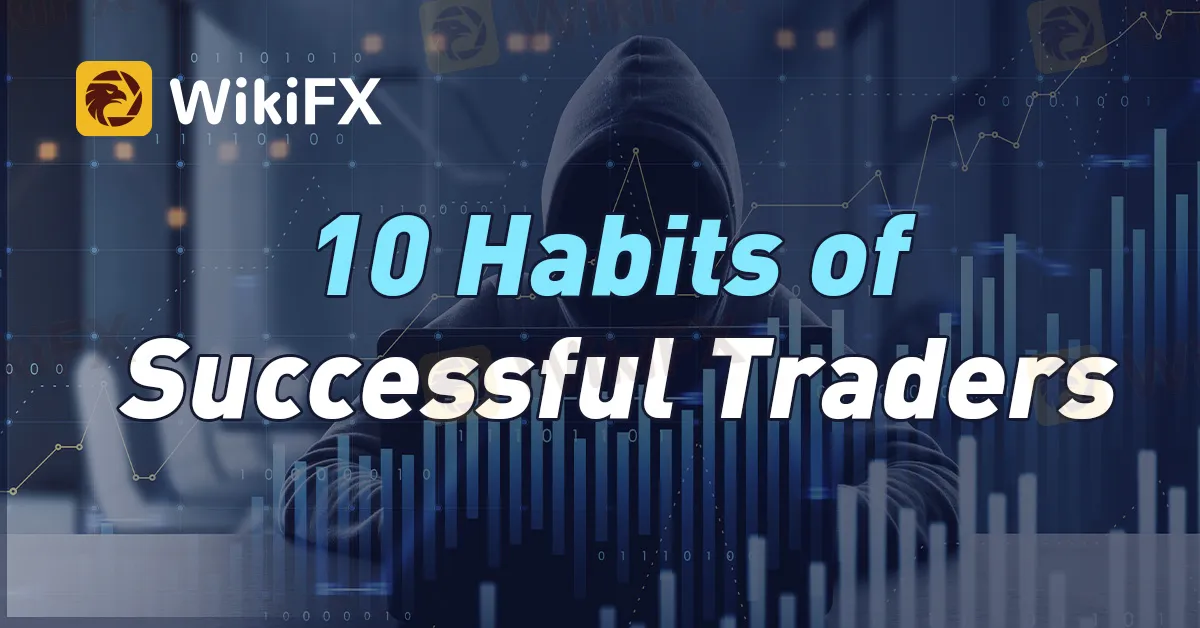Abstract:Being a successful forex trader requires more than just luck; it takes discipline, knowledge, and a set of well-honed habits. In this article, we'll explore ten habits that successful traders in Europe adopt to enhance their chances of profitability.

Being a successful forex trader requires more than just luck; it takes discipline, knowledge, and a set of well-honed habits. In this article, we'll explore ten habits that successful traders in Europe adopt to enhance their chances of profitability.
Research and Analysis: Successful traders in Europe invest time in comprehensive research and technical analysis. They keep themselves updated with the latest news and market trends to make informed decisions.
Risk Management: Effective risk management is crucial in forex trading. Successful traders never risk more than a small portion of their capital on a single trade and use stop-loss orders to protect their positions.
Patience: Impulsive decisions often lead to losses in forex trading. Successful traders exercise patience and wait for the right opportunities to present themselves before making a move.
Emotional Control: Emotions can cloud judgment and lead to irrational decisions. Successful traders keep their emotions in check, focusing on logic and reason rather than fear or greed.
Setting Realistic Goals: Successful traders set achievable and realistic goals. They don't chase after unrealistic profits but aim for steady and consistent growth over time.
Continuous Learning: The forex market is dynamic, and successful traders understand the importance of continuous learning. They stay open to new strategies and adapt to changing market conditions.
Maintaining a Trading Journal: Keeping a trading journal helps successful traders review their past trades, identify patterns, and learn from both successes and failures.
Diversification: Instead of putting all their eggs in one basket, successful traders diversify their investments across different currency pairs, reducing the impact of potential losses.
Discipline: Successful traders adhere to their trading strategies and don't deviate based on emotions or external factors. They follow a well-defined plan and stick to it.
Seeking Professional Guidance: Even experienced traders seek guidance from reputable sources. One such source is WikiFX, a platform that offers valuable insights and information to forex traders. With WikiFX, traders can access reviews and ratings of brokers, find regulatory information, and gain insights into market conditions. To enhance your trading journey, visit WikiFX's website today.










